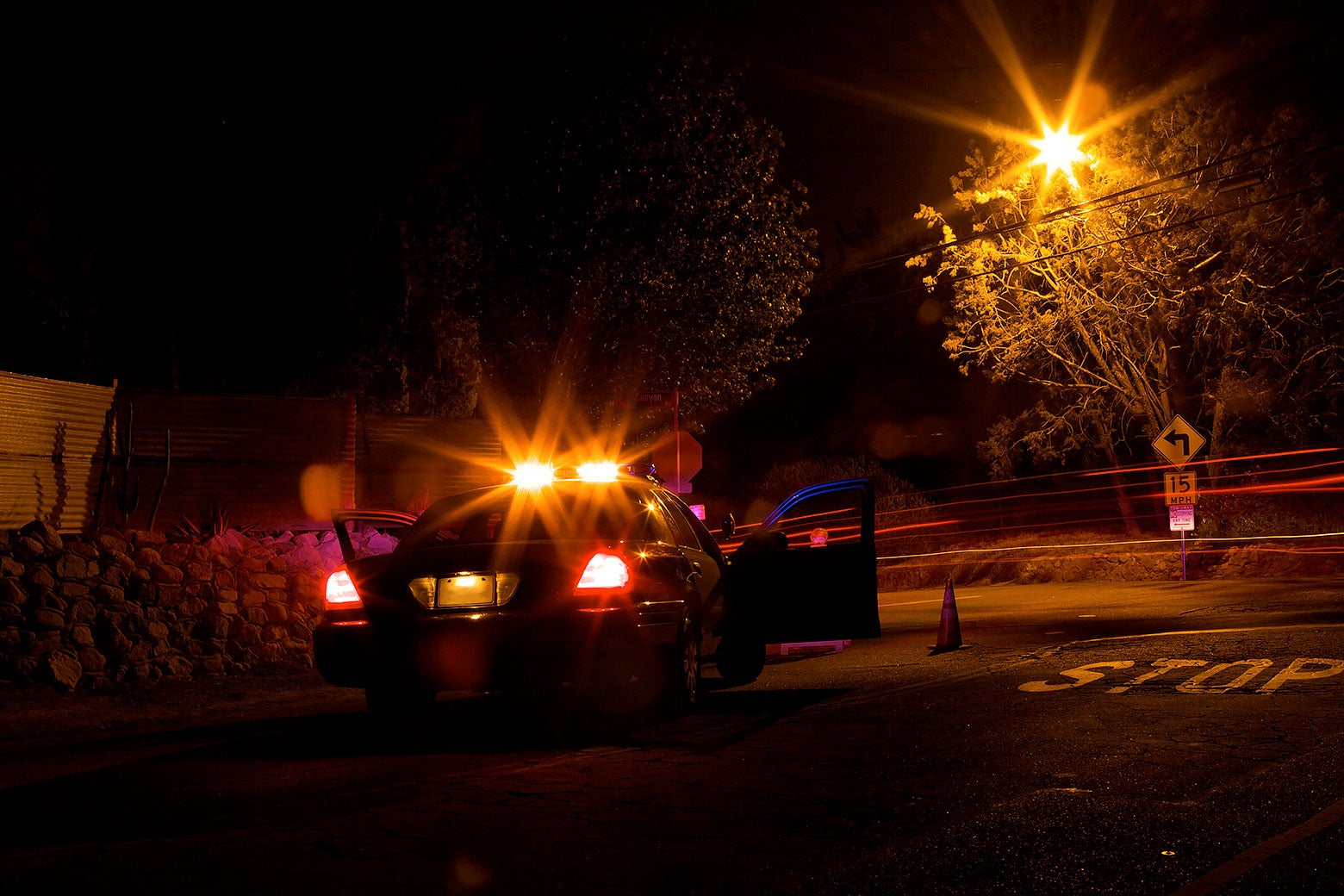
A series of recent groundbreaking investigative reports unveiled what many advocates for police accountability have known for decades: Child sex abuse by law enforcement officials is far too common across our country. Systemic failures within policing—coupled with lax oversight by police departments, prosecutors, and judges—too often shield police officers from meaningful accountability.
Child sex abuse is chronic and widespread, yet justice for survivors is rare. Studies have found that nearly 25 percent of girls and roughly 8 percent of boys experience sexual abuse before turning 18. Numerous social and psychological factors including guilt, fear, and self-blame often prevent children from telling their families or others about their abuse, with a majority of incidents never known by anyone other than the survivor and their abuser until years after the abuse ended.
In cases where parents, teachers, or other authority figures do become aware of abuse in time to prevent further harm, many children are too traumatized by the experience to turn to the criminal legal system for real accountability. When they do, the results are deeply disheartening. The Justice Department estimates that fewer than 20 percent of reported child sex abuse cases result in prosecution, and less than half of those cases result in conviction.
If the perpetrator is a policeman armed with a badge and a gun, the long-term damage inflicted on survivors is even more dire. Young people often feel abandoned, betrayed, and violated when someone charged with protecting them turns out to be a predator. Their trust in law enforcement can be permanently eroded.
In a piece published last month, the Washington Post uncovered at least 1,800 law enforcement officers charged with child sex abuse between 2005 and 2022—a staggering 10 percent of criminal charges filed against officers in this period were for child sex abuse. Given the challenges in reporting and charging these cases, it is likely that such incidents are even more common than publicly available figures suggest.
When officers are in fact investigated, charged, and convicted of sex abuse of children, they commonly are shielded by lax accountability. According to official data from the U.S. Sentencing Commission, 98.8 percent of people convicted of child sex abuse are given an average prison sentence of 16 years. Meanwhile, 40 percent of police officers convicted of child sex abuse received sentences of probation, house arrest, or community service. Of the police officers who were incarcerated, 66 percent received sentences of less than five years.
While not every policing department is experiencing these concerns, the broader systemic failures are unacceptable, and comprehensive change throughout our criminal legal system is needed to protect vulnerable children.
Law enforcement agencies must adopt more rigorous screening and training for those entrusted to interact with and protect children. Training must incorporate developmentally appropriate, trauma-informed policies for interactions with youth, clearly prohibit this conduct, and put officers on notice they will be terminated and potentially prosecuted when it occurs.
As the Washington Post noted, without “clear messages” that inappropriate behavior with children will not be tolerated, potentially predatory officers may assume they will escape accountability.
Policing departments also need fortified procedures and the resolve to fire abusers, as well as national databases that bar these officers from future careers in other agencies.
Elected prosecutors have a particularly important role to play in addressing these issues, both by implementing best practices like robust and truly independent handling of these cases and by working with law enforcement to promote long overdue reforms to protect youth. This includes investigations of misconduct by departments other than the officer’s employing agency.
Fair and Just Prosecution’s Blueprint on Policing Reform urges prosecutors to implement and advocate for strategies aimed at changing culture and breaking the “code of silence” that has taken hold in far too many law enforcement agencies. (One of the authors is the executive director of Fair and Just Prosecution.) This includes establishing zero-tolerance policies for both predatory officers and those who fail to report or otherwise cover up these incidents.
Finally, prosecutors should support the creation of independent civilian oversight bodies and ensure they have the tools and resources needed—including subpoena power, adequate investigatory staff, expansive jurisdiction, and the authority to implement reforms. These oversight bodies ensure that law enforcement is accountable to the communities they protect and serve.
Children deserve to be safe from abuse, regardless of the position and authority of their abusers. The level of child sex abuse uncovered by the Post’s bombshell investigation is intolerable, and prosecutors must use their tremendous power and influence to implement these and other essential reforms in the communities they serve. Our children deserve nothing less.
Discover more from CaveNews Times
Subscribe to get the latest posts sent to your email.









![[Highlight] Steph Curry hits the step back three and tells the Mavs it’s time to go Night Night!](https://cavemangardens.art/storage/2024/11/174867-highlight-steph-curry-hits-the-step-back-three-and-tells-the-mavs-its-time-to-go-night-night-360x180.jpg)















![Exploring the Serene Beauty of Nature: A Reflection on [YouTube video title]](https://cavemangardens.art/storage/2024/04/114803-exploring-the-serene-beauty-of-nature-a-reflection-on-youtube-video-title-360x180.jpg)


























